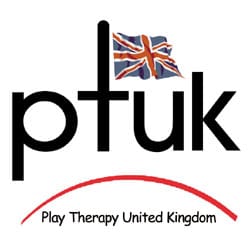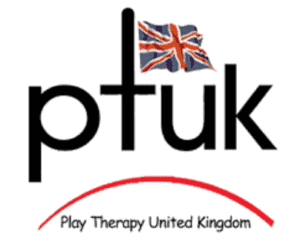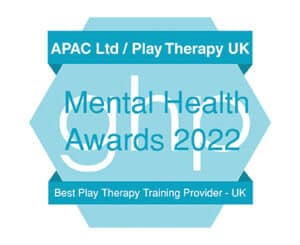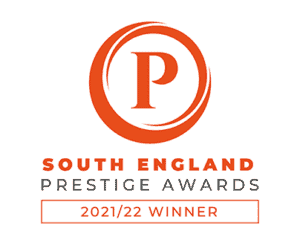This study evaluates the effect of a playful, therapeutic intervention on the Reflective Functioning (RF) of foster parents caring for pre-school foster children between the ages of 0-3 years in a South African group foster care system. This study specifically tests foster parent-infant interactions where foster parents are measured on three scales: sensitivity, control and unresponsiveness. Children are measured on four scales: cooperativeness, compulsivity, difficultness and passivity. This comes from the hypothesis that foster parent interactions with the foster children can indicate the flexibility and sensitivity with which a foster parent will be able to interpret their childs actions and respond to them. Three research methods are used in this mixed methods study; Crittenden CARE-Index (CARE-Index) observations; and the Parent Development Interview (PDI) to collect quantitative data on RF and qualitative data on the risk and protective factors influencing RF in each foster parent. The sample (n=6) comprised foster parents living in NORSA cluster foster scheme housing or working at NORSA Community Care and children in their care aged 0 to 3 years. By the end of the study, results illustrate an increase in or maintenance of Reflective Functioning scores, improved foster parent sensitivity towards foster children leading to a positive change in behaviour of foster children and increasing interaction synchrony between foster parents and foster children. This lends support to the effectiveness of the use of an intervention programme to develop Reflective Functioning capacity and sensitivity in foster parents although further research with a larger sample is needed.
Policies
- Ethical Framework
- PTUK – Equality and Diversity Policy
- Unacceptable Behaviour Policy
- Use of Competencies by Practitioners
- Play Therapy Privacy Policy
- PTUK Safeguarding Policy
- PTUK Complaints & Concerns Procedure
- PTUK Harassment & Anti-Bullying Policy
- PTUK Recruitment Policy
- PTUK Whistleblowing policy
© 2024 Play Therapy UK.





